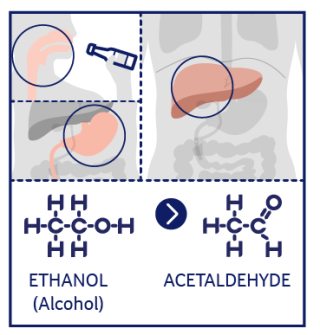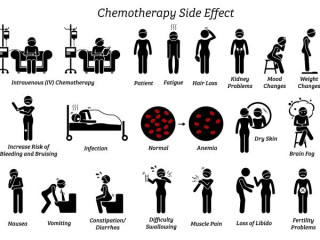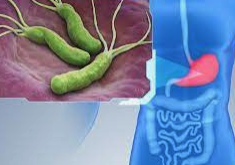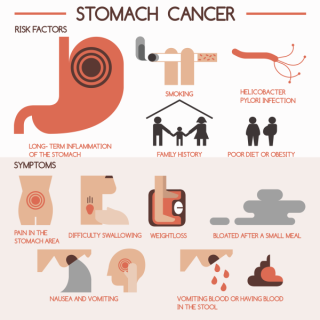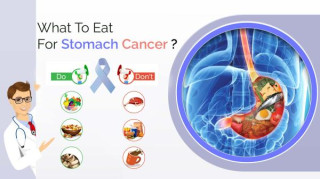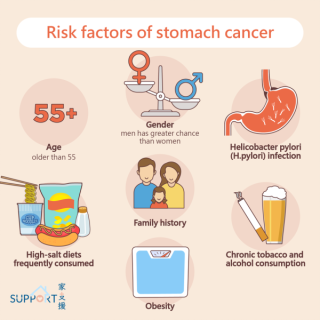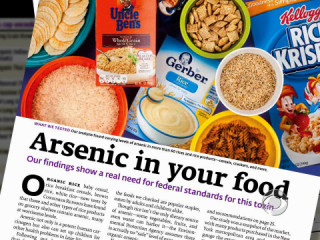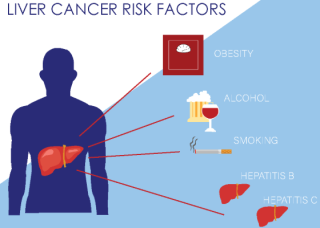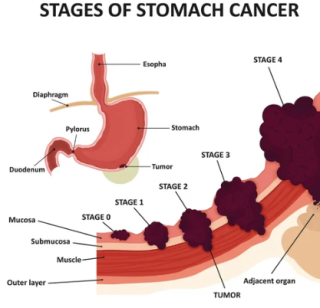The Looming Threat: Stomach Cancer and its Ties to Tobacco and Alcohol Abusecreated at May 04, 2009 1,371 1,371 Stomach cancer, |
Balancing Act: Understanding the Side Effects of Biological Therapy in Stomach Cancer Treatmentcreated at May 04, 2009 1,281 1,281 Biological therapy for stomach cancer, |
Precision and Progress: Navigating Surgery as a Primary Treatment for Stomach Cancerupdated at Nov 13, 2025 1,529 1,529 Surgery is a primary treatment for stomach cancer, |
Unveiling the Link: Helicobacter pylori Infection and the Risk of Stomach Cancerupdated at Nov 14, 2025 1,324 1,324 Helicobacter pylori: A Key Risk FactorHelicobacter pylori (H.pylori) is a prevalent bacterium strongly linked to various stomach ailments, |
How Previous Stomach Surgery Might Increase Stomach Cancer Riskcreated at May 04, 2009 1,338 1,338 Previous stomach surgery, |
The Link Between Diet and Stomach Cancercreated at May 04, 2009 1,358 1,358 Diet plays a significant role in stomach cancer risk.A diet high in processed meats, |
Understanding the Risks Between Aging and Stomach Cancercreated at May 04, 2009 1,299 1,299 The risk of stomach cancer increases significantly with age, |
The Silent Threat: Arsenic and its Link to Liver Cancercreated at May 04, 2009 1,293 1,293 Arsenic, |
Understanding the Link: Cirrhosis and Liver Cancer Riskupdated at Nov 29, 2024 1,610 1,610 Cirrhosis, |
The basic information for Stomach cancercreated at May 03, 2009 1,388 1,388 Stomach cancer, |
